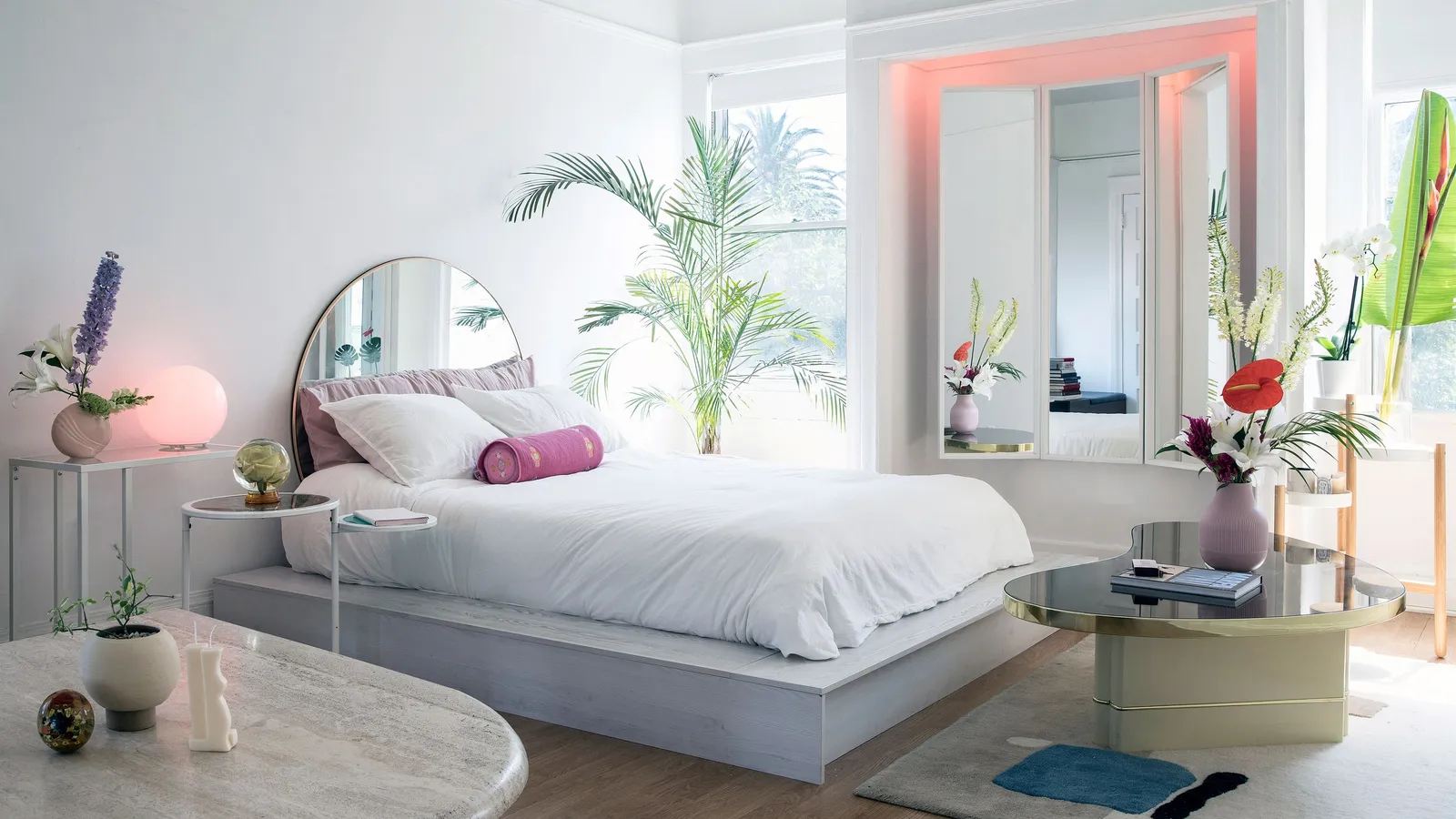You’ve done it all—or at least you think you have. The lavender sprays, the blue-light glasses, the overpriced pajamas that promise “better sleep.” Yet here you are, wide awake at midnight, bargaining with yourself about how much sleep you can get if you fall asleep right now. The truth is, sleep hygiene isn’t about chasing trends. It’s about understanding why your body refuses to shut down and creating an environment where sleep doesn’t stand a chance of slipping away.
Table Of Contents
Your Sleep Schedule Is Lying to You
Let’s start with the obvious: your sleep schedule might be sabotaging you. Even if you’re hitting the pillow at the same time every night, inconsistent wake-up times can confuse your body’s internal clock. Sleep isn’t just about what happens when you close your eyes—it’s a 24-hour cycle that needs rhythm.
If you’re waking up at noon on weekends but setting an alarm for 6 a.m. during the week, your body feels like it’s traveling across time zones without ever leaving your bed. It’s called social jet lag, and it’s a real issue. The fix? Align your sleep and wake times—even on weekends. Think of it like syncing up with yourself instead of fighting against what your body naturally craves.
The Role of Tech in Temperature Control
When it comes to sleep, your bedroom’s vibe matters—especially the temperature. If you’re sweating one minute and freezing the next, your body spends more time adjusting and less time sinking into the deep, restorative stages of sleep. That’s where sleep tech comes in.
Products like the Chilipad by SleepMe and BedJet 3 Climate system do the job, letting you fine-tune your bed’s temperature to match what your body needs. Whether you’re a hot sleeper, a cold sleeper, or somewhere in between, these tools eliminate the guesswork. Pair them with breathable sheets, and you’ll create a cocoon of comfort that your body won’t want to leave.
When the Myths About Sleep Start to Hurt
Sometimes, sleep hygiene advice feels like urban legends passed down through generations. “Just drink a cup of warm milk” or “count sheep”—you’ve probably heard it all. But here’s the truth: home remedies for sleep don’t always work.
While the intentions behind these tips are good, they often ignore the underlying issues keeping you awake. Is it stress? Noise? A bad mattress? Digging into the root cause is far more effective than throwing random remedies at the problem. Don’t let myths waste your time when there are actionable solutions that actually deliver.
Why Light Control Is a Non-Negotiable
If you’re struggling to fall asleep, your lighting situation might be to blame. Bright lights—even the kind you barely notice, like the glow from your alarm clock—can disrupt your body’s melatonin production. And without melatonin doing its job, your body struggles to wind down.
Dimming your bedroom lighting at night and limiting screen time are easy fixes. If you’ve already tried that and still can’t sleep, consider adding blackout curtains to your space. They keep external light from sneaking in, creating a dark, calming environment that signals to your body it’s time to rest.
The Role of Noise in Deep Sleep
Noise can be a deal-breaker for sleep. From street sounds to noisy neighbors, unwanted disruptions can keep your brain on high alert. But it’s not just about getting rid of noise—it’s about finding the right sounds to mask the ones you can’t control.
White noise machines or apps that mimic soothing sounds like rain or waves can create an auditory backdrop that helps your mind relax. And if you’re a super-light sleeper, earplugs can be a game-changer. The key is experimenting until you find what works for your specific noise tolerance.
Why Stress and Sleep Don’t Get Along
You can’t talk about sleep without mentioning stress. It’s the number one enemy of a good night’s rest, yet it’s often treated as an afterthought in sleep hygiene advice. Stress keeps your mind racing, your heart pounding, and your sleep far away.
Finding ways to unwind before bed can make a world of difference. Meditation apps, gentle yoga, or even journaling can help shift your focus from whatever’s stressing you out to the calm, peaceful vibe your body needs to fall asleep. The goal isn’t perfection—it’s progress.
Wrapping It Up
Good sleep doesn’t happen by accident. It’s the result of small, intentional changes that work with your body instead of against it. Whether it’s syncing up your sleep schedule, investing in temperature tech, or finally admitting that counting sheep doesn’t work, the path to better rest starts with figuring out what works for you.
Stop chasing trends or sticking to outdated advice. Focus on building habits and a bedroom environment that invites sleep to show up—and stick around. Because once you get this right, the rest of your life will feel a whole lot better.



